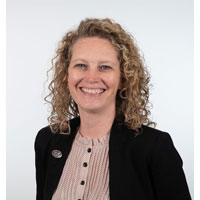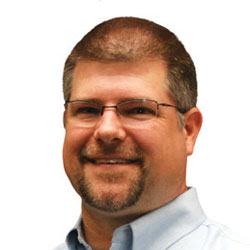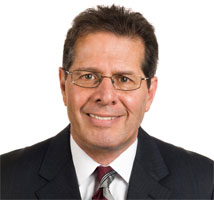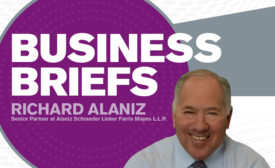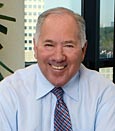Home » Leadership and HVACR
Articles Tagged with ''Leadership and HVACR''
For HVACR Contractors, Choosing Profitable Customers Is Possible
Contractors discuss the positives and negatives of filtering customer types
Read More
Practicing Good Cyber Hygiene
Small- and medium-sized HVAC firms often fall victim to ransomware attacks
Read More
Target Your Year With the Help of an HVAC Coach — Learn to Plan for Success
Create SMART goals to ensure you have the most profitable year possible
Read More
Creating Documents May Take Time, But It’s Not a Waste of Time for HVAC Contractors
Use well-written operating manuals to provide relief from the daily chaos of running a business
Read More
Use Your Existing Customer Base as a Tool to Gain More HVAC Customers
Start tracking your calls to see what’s actually building your business
Read More
Copyright ©2025. All Rights Reserved BNP Media.
Design, CMS, Hosting & Web Development :: ePublishing



